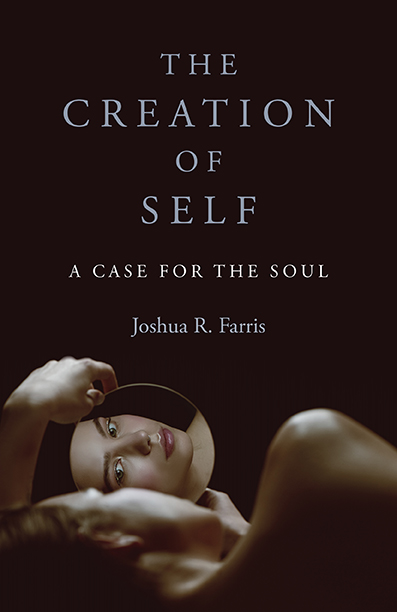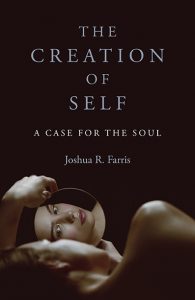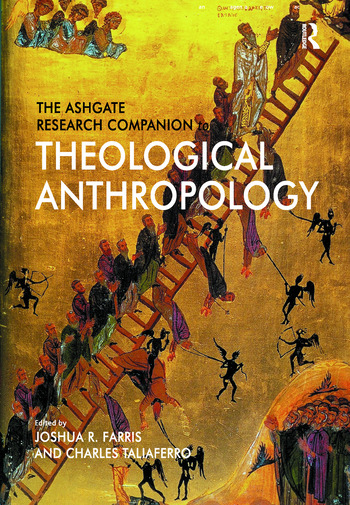
“Who delivered us from so great a death, and doth deliver: in whom we trust that he will yet deliver us;” (2 Corinthians 1:10)
Ben Arbour, and his wife Meg, passed away on Friday November 6, 2020. Their death seems to have been sudden, and it was certainly tragic. They were the victims of a drag race early in the morning that Friday.
I am still dismayed by Ben’s (and Meg’s, but I will focus on Ben) death. The feeling of shock has stayed with me since I first heard the news early Friday morning shortly after waking up.
Ben, as many have stated already, was an extrovert. He was outgoing and loved a good discussion or a bit of banter. He would call you up randomly and delineate an argument he had been turning over in his head that day. Often the argument had something to do with Higher-Ed, politics, theology, or, his favorite topic—metaphysical idealism.
Ben was an important figure in Christian philosophy. Investing himself primarily in the Evangelical Philosophical Society, he broadened his influence internationally through his writings on Anselmian theism and Open Theism. Both conservative and traditional, Ben was rightly discouraged and critical of the left leaning trend in the world of “Christian Philosophy”—something he saw as ironically the beginning of the end for the community. Ben lived out his convictions and was unafraid to challenge the convictions of others—even when it meant speaking against the trends of our times. Ben, for all the reasons here mentioned, was an important fixture in the Christian philosophy community. He challenged ideas and, most importantly, he brought people together for philosophical discussion (at times those with quite disparate perspectives). He organized several philosophical conferences for EPS and others. For this reason alone, he is a significant figure in our community and his absence will be noticed by all.
More importantly, Ben was a friend. Good friends are hard to find. Ben often challenged me in ways that I found frustrating, but after some time I knew it came from a heart that loved me and my virtue—whether it be intellectual or volitional. His life was instructive in this way in that he prodded his friends toward virtue.
His death has been instructive. When I heard others jump to the hope before properly processing his untimely death, I was discouraged. His death was and is devastating. While I am weary of easy believ-ism, my resolve is to trust that He will deliver us from the grave. He has been faithful in the past, and he will be faithful again. I will see Ben again.








